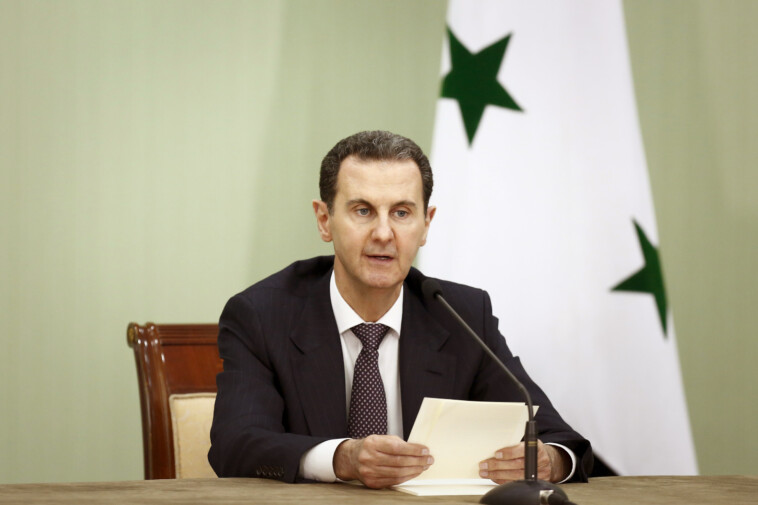Former Syrian President Bashar al-Assad has broken his silence since the fall of his regime, claiming he never intentionally fled to Russia — and blaming his troops for the stunning collapse.
A post Monday on Assad’s former Telegram channel claims he merely left the capital on Dec. 8 to meet with Russian forces in the Latakia province “to oversee combat operations” as Syrian rebels stormed Damascus.
Amid the assault, Assad said, he was forced to evacuate among the Russian troops, who took him to Moscow, from where he allegedly still planned to lead.
“At no point during these events did I consider stepping down or seeking refuge, nor was such a proposal made by any individual or party,” Assad wrote.
“When the state falls into the hands of terrorism and the ability to make a meaningful contribution is lost, any position becomes void of purpose,” he said of his fallen regime.
It remains unclear if the post on Telegram was made by Assad himself or if someone else is in control of it.
The message appears to be a response to reports over the weekend that the former president was well aware of his crumbling empire and kept hidden the fact that Russian troops were not coming to his aid.
The night before his departure, Assad allegedly met with about 30 of his military chiefs to report that Moscow was sending troops to support his regime, asking that his generals hold out until then, sources who were in that meeting told Reuters.
Hours later, Assad was in a plane with his wife and kids bound for Moscow, abandoning his generals, including his own brother, Maher al-Assad, who fled via helicopter to Iraq.
Reports also claimed that before leaving for Moscow, Assad allegedly reached out to the United Arab Emirates for help, with the UAE allegedly refusing out of fear over the potential international backlash.
With Assad gone, the Syrian rebel group is forming a transitional government led by the Hayat Tahrir al-Sham terrorist group.
Group leader and former al Qaeda member Abu Mohammed al-Jolani has disavowed his extremist past and has called for a new era of tolerance in Syria, in what experts say is a means to distance himself from Assad and appeal to the West.
With Post wires







